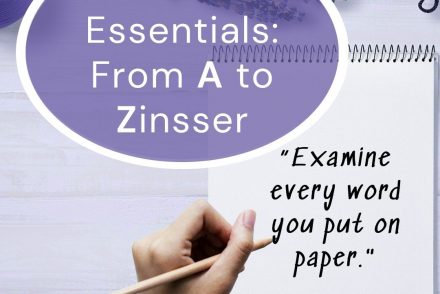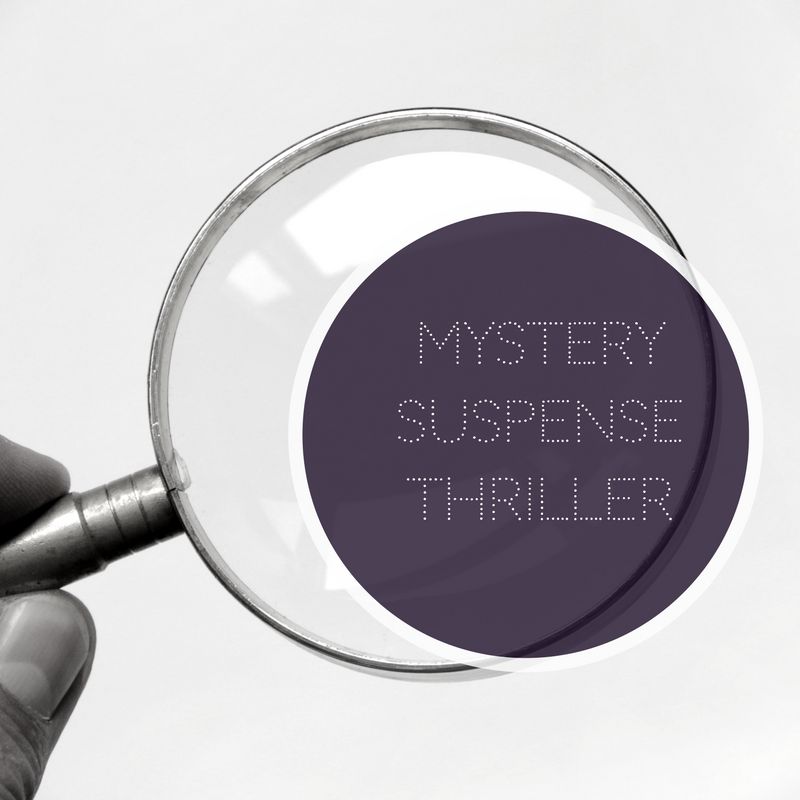
What I Learned BY Entering Writing Contests
Aspiring authors can benefit in many ways by entering writing contests. In this post, I will talk about contests…
March 27, 2022
Aspiring authors can benefit in many ways by entering writing contests. In this post, I will talk about contests…
March 27, 2022
“Rewriting is the essence of writing well; it’s where the game is won or lost. That idea is hard…
January 21, 2022
After I submitted my last screenwriting post, I received feedback for my latest WIP. Although it wasn’t what I…
June 4, 2021
Writing your book should be something that the author finds interesting. However, in the long run, you aren’t writing the…
November 21, 2020
It cannot be overstated: Critique groups are vital for writers. The critique group is to a writer what coaches…
October 16, 2020
Writing is a solitary profession and the majority of writers are introverts. Book proposals are a powerful business tool…
September 25, 2020
Your opening scene has edge-of-your-seat tension, your characters are witty and full of life, the description of your setting…
May 17, 2020
Finding a reliable and dependable beta reader can be a challenge. They often bail on you. Why? This topic…
April 27, 2020
Last month I talked about how useful critiques are for writers, because they provide important feedback that helps us…
February 8, 2020
Does the word critique fill you with dread? It shouldn’t. I have learned most of what I know about…
January 8, 2020
Recently I received a notification on social media about this year’s film awards. Traditionally, November through February is awards…
December 4, 2019
All writers need feedback. Should you use a beta reader? What is a Beta Reader? The majority of people…
May 27, 2019
Dan Brotzel, author of a new comic novel about a writers’ group and a member of a successful group…
May 13, 2019
Often, what we intend to say never comes through in what we write. Sometimes our enthusiasm inhibits the thoughts…
August 29, 2018
Every writer can use a solid critique of their work, especially when they are preparing their work for professional…
July 7, 2018
School is out, and summer reading programs are gearing up in public libraries everywhere. Summer months are the perfect…
June 15, 2018
Have you ever picked up a book and after a few pages, put it down saying, “This isn’t…
October 14, 2017
Ever ask a friend’s, relative’s or colleague’s opinion on something you’ve written? You wait patiently, trying not to stare,…
July 19, 2015